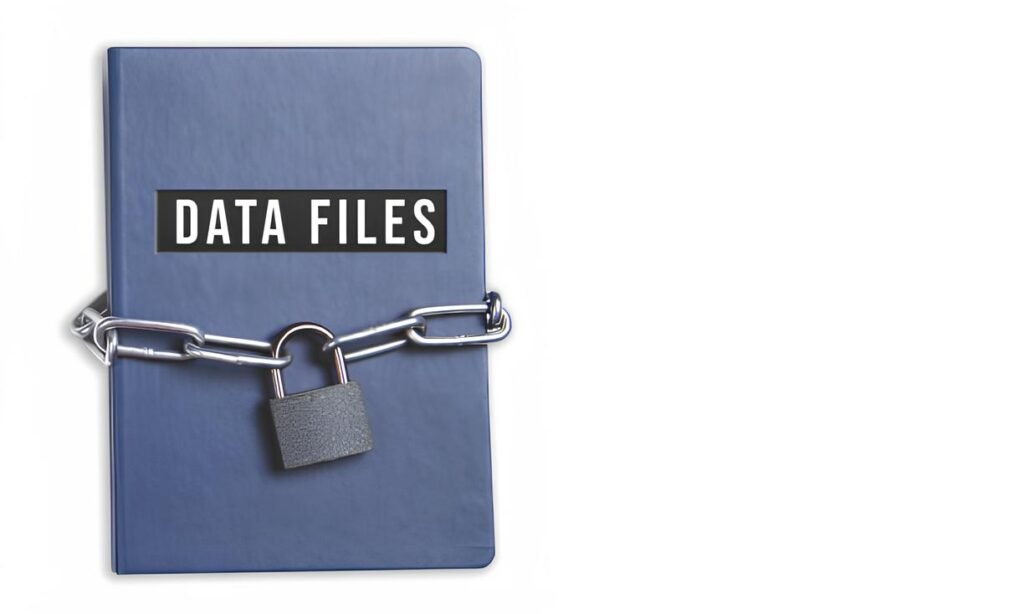Imagine painstakingly creating backup files—encrypted and stored securely, a digital fortress you believe is impenetrable. You feel safe, knowing your sensitive data is locked away with layers of cryptography. But what if that fortress crumbles the moment you step into a courtroom? What if those encrypted backups, your last line of defense, are suddenly useless in the face of legal scrutiny? It sounds unfair, but this is a real and increasingly common scenario that many don’t anticipate until it’s too late.
In This Article
Why Encrypted Backups Can Fail as Evidence
Encryption is a powerful tool—but in the courtroom, its technical strength might not translate to legal strength. Simply put, an encrypted backup is just a locked box. Without the key or passphrase, it’s nearly impossible for anyone to prove what’s inside.
Judges, prosecutors, and defense attorneys often regard encrypted files with suspicion or skepticism. If a party refuses to provide decryption keys, courts may:
- Consider the encrypted data as inadmissible evidence because its contents cannot be verified.
- Issue penalties or adverse inferences against the owner for non-compliance.
- Grant warrants or court orders demanding disclosure of decryption passwords.
This can render the backups effectively useless in proving ownership, authenticity, or content—especially if the opposing side argues that the data might have been altered, incomplete, or irrelevant.
Legal Obligations to Decrypt Data
Depending on the jurisdiction, individuals and organizations might face legal mandates to decrypt digital evidence upon request. While some nations respect the right against self-incrimination, others treat refusal as obstruction or contempt of court.
For example, laws such as the UK’s Regulation of Investigatory Powers Act (RIPA) authorize courts to compel individuals to hand over encryption keys, with failure to comply punishable by fines or imprisonment.
Even in countries with stronger privacy protections, law enforcement agencies employ sophisticated methods—sometimes forcing companies to install backdoors or utilize forensic software—to bypass encryption indirectly.
Storing encrypted backups without a legal strategy can leave you vulnerable. Courts may treat refusal to decrypt as an admission of guilt or evidence destruction.
How Technology Interfaces With the Law
Technology evolves rapidly, but legal systems move more slowly, often struggling to keep up with cryptographic advancements. This mismatch presents complications when encrypted backups enter litigation or investigative processes.
Law enforcement agencies use a range of tactics to gain access despite encryption:
- Forensic analysis: Examining metadata, timestamps, or data remnants outside the encrypted container.
- Key recovery attempts: Using specialized hardware to brute-force weak passwords or exploiting software vulnerabilities.
- Coercion or legal compulsion: Targeting individuals’ passphrases through court orders or other pressure tactics.
Because encrypted backups are isolated, they limit what investigators directly observe, but can’t hide the fact that protected data exists. This “hidden” nature can itself raise red flags.
The Chain of Custody Challenge
For digital evidence to hold weight in court, establishing a reliable chain of custody is vital. Encrypted backups complicate this—if the court can’t verify that the encrypted data hasn’t been tampered with or manipulated prior to submission, the evidence may be rejected.
One key problem is lack of transparency. Without access to raw content, forensic experts struggle to verify integrity or authenticity, which might favor opposing counsel.
Practical Risks for Personal and Business Users
Whether you’re a casual user backing up personal photos or a business safeguarding client data, encrypted backups can carry serious legal risks.
- In criminal investigations, encrypted backups might be viewed as suspicious if deemed to conceal evidence.
- Regulatory audits sometimes require companies to provide decrypted records within specific timeframes.
- Data recovery hurdles can occur if encryption keys are lost — causing permanent data loss and possible liability.
- Internal disputes over encryption ownership can arise during litigation, especially in business partnerships.
Understanding these risks early can help you devise strategies that balance security and compliance.
Steps to Protect Encrypted Data From Legal Risk
While there’s no perfect solution, certain best practices can increase your resilience against legal challenges relating to encrypted backups.
- Create clear documentation. Maintain detailed logs and proof of encryption key ownership and backup integrity.
- Use multi-signature or split-key schemes. Distribute decryption rights among trusted parties to avoid unilateral control that could raise suspicions.
- Consult with legal experts. Regularly update compliance strategies in line with evolving privacy and encryption laws.
- Employ secure key escrow. Consider trusted third-party key recovery services that comply with legal mandates.
- Practice good data hygiene. Regularly audit and securely wipe obsolete backups to avoid unnecessary exposure.
Integrate your encrypted backups with a vetted legal framework early. Tools and best practices on practicing good data hygiene across devices can help reduce risk and improve defensibility.
Frequently Asked Questions
Q: Can I legally refuse to disclose my encryption password?
A: This depends on your country’s laws. Some places recognize the right against self-incrimination, while others compel disclosure under penalty of law.
Q: Does encryption guarantee privacy from legal scrutiny?
A: Encryption protects data from unauthorized access but does not exempt you from lawful demands or obligations under the judicial system.
Q: How can I prove my encrypted backups haven’t been tampered with?
A: Using cryptographic hash functions and timestamps during backup creation can establish proof of integrity that courts may accept.
Q: What happens if I lose my decryption key?
A: Without recovery options, encrypted data is typically irretrievable, which can have serious consequences depending on the data’s importance and context.
Q: Are hardware-encrypted backups safer in court?
A: They offer additional security but do not inherently protect against legal orders demanding decryption.
Encrypting backups remains essential, but it’s equally important to understand the legal landscape surrounding encryption. A fortress is only as good as its defenses — both digital and legal.



